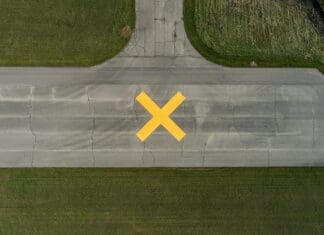This post is also available in:
 עברית (Hebrew)
עברית (Hebrew)
Motorola, the mobile giant, is developing AI tech for cameras and public safety in a new partnership with artificial intelligence experts Neurala. Motorola, which will handle the software side of the project, will be working with Neurala’s AI technology to integrate it into hardware such as Motorola’s body cameras that are worn by law enforcement.
Although the project is in development and Motorola makes no claim of being anywhere near rolling things out on a finalized basis, it has stated that its aim is to provide law enforcement with tools that could help to locate persons of interest and missing persons. According to androidheadlines.com, Motorola and Neurala are now working on a prototype camera which Motorola can use for testing in real-time scenarios.
The video provides an example of how far the the two companies have gotten. Motorola also plans to integrate the technology into other camera hardware in hopes of creating intelligent cameras which are capable of assisting in finding people and suspicious objects in areas that often crowded and thus make looking for a specific person in the crowd becomes more of a challenge.
Motorola stated that using Neurala’s AI technology will be crucial in preventing a problem which is cited as being common when using deep learning technology for real-time uses. The problem is referred to as “catastrophic forgetting,” which causes deep learning technology to forget its previous training. A feature of Neurala’s AI tech called incremental learning will allow Motorola’s intelligent cameras to move beyond the issue, though it doesn’t necessarily completely avoid catastrophic forgetting so much as it reduces the risk of it. Incremental Learning will also boost Motorola’s cameras with improved accuracy and seek to lower the latency for real-time public safety applications, with the point of this technology ultimately leading to lowering the amount of time spent in having to search for missing persons or suspicious objects or people.


























